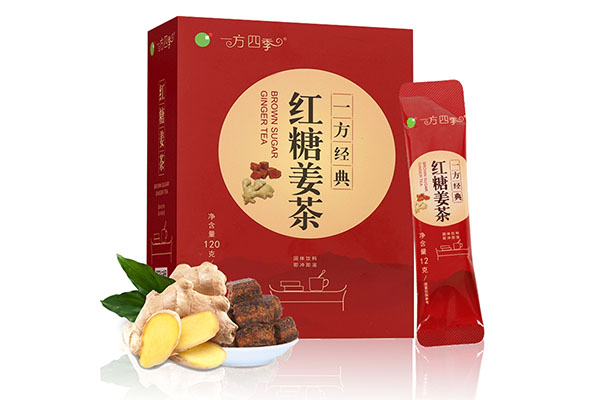
Here's the key differences between Chinese herbal tea and regular tea:
Ingredients
Chinese Herbal Tea: Chinese herbal teas are made primarily from a wide variety of herbs, flowers, and botanicals. These can include chrysanthemum, ginseng, lavender, ginger, mint, and other plants with therapeutic properties. The ingredients used are not derived from the Camellia sinensis plant, which is used to produce regular tea. Chinese herbal teas are normally caffeine-free or have very low caffeine content.
Regular Tea: Regular tea, such as black, green, white, and oolong tea, is made from the leaves of the Camellia sinensis plant. The type of tea (black, green, etc.) is determined by the processing and oxidation levels of these tea leaves. Regular tea contains caffeine, which contributes to its stimulating properties.
Flavor and Aroma
Chinese Herbal Tea: Chinese herbal teas offer a wide range of flavors and aromas, which can be sweet, floral, earthy, minty, or spicy, depending on the specific herbs and botanicals used. The flavors are diverse and often have therapeutic or calming qualities.
Regular Tea: Regular tea has distinct flavor profiles based on the type of tea. Black tea is robust and often described as brisk, with a slightly astringent taste. Green tea has a more vegetal, grassy, and sometimes slightly bitter flavor. Oolong tea falls somewhere between black and green tea in terms of flavor and oxidation level, offering complex and varied taste experiences.
Caffeine Content
Chinese Herbal Tea: Most Chinese herbal teas are naturally caffeine-free or contain negligible amounts of caffeine. This makes them a suitable choice for those looking to avoid caffeine's stimulating effects.
Regular Tea: Regular tea contains caffeine, which can vary in quantity depending on the type of tea and how it is brewed. This caffeine content can provide an energy boost and stimulate alertness.
Health Benefits
Chinese Herbal Tea: Chinese herbal teas are often consumed for their medicinal and therapeutic properties. They offer a wide range of health benefits, such as immune system support, digestive aid, stress reduction, weight management, and more, depending on the herbs and botanicals used.
Regular Tea: Regular tea, particularly green tea, is known for its high content of antioxidants and health benefits. It can support heart health, boost metabolism, aid in weight management, and provide other health advantages. Black tea may offer similar benefits but with a higher caffeine content.
Preparation and Brewing
Chinese Herbal Tea: Chinese herbal teas are typically prepared by steeping the herbs and botanicals in hot water for a specified amount of time, which varies based on the specific tea. The preparation process is usually straightforward and involves shorter steeping times compared to regular tea.
Regular Tea: Regular tea requires a specific brewing method based on the type of tea. Water temperature, steeping time, and the quantity of tea leaves all play a significant role in achieving the desired flavor. The preparation process can be more intricate compared to Chinese herbal tea.
Cultural and Historical Significance
Chinese Herbal Tea: Chinese herbal tea has a deep-rooted history in traditional Chinese medicine and culture. It has been consumed for thousands of years as part of holistic wellness practices.
Regular Tea: Regular tea, especially green tea, is an integral part of various East Asian cultures, including China, Japan, and Korea. These cultures have their own elaborate tea ceremonies and traditions associated with regular tea.
In summary, the primary differences between Chinese herbal tea and regular tea lie in their ingredients, caffeine content, flavor profiles, health benefits, and preparation methods. While regular tea is derived from the Camellia sinensis plant and contains caffeine, Chinese herbal tea is made from a variety of herbs and botanicals, often without caffeine, and is sought after for its therapeutic qualities. Both types of tea offer distinct and enjoyable experiences, catering to different tastes and preferences.
